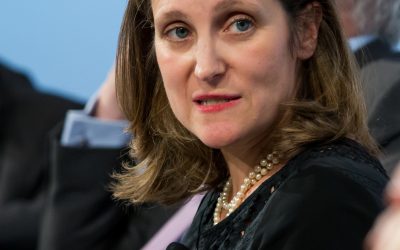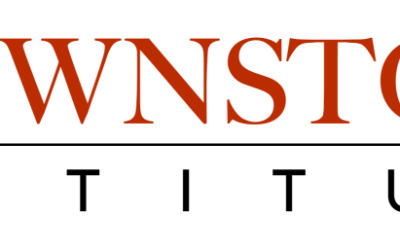We Canadians are accustomed to looking to government for solutions. We forget about what we can do to solve public policy problems. This is painfully evident in the world of Aboriginal politics. Governments spend billions on Native services every year, and yet we rarely ask what Aboriginal people can do to improve their quality of life. There are systemic barriers to progress on the Aboriginal front and these need addressing, but let us deal with the things Aboriginals can do. Here is my list:
1) Adopt made-on-reserve electoral and membership codes that reflect transparency, accountability and band employment standards.
First Nation communities do not need to overhaul the Indian Act to create accountable government. At the band level, First Nation leaders can adopt ethical codes that ensure band membership lists and elections are transparent. They can penalize violators. Some progressive band chiefs are at the forefront of demonstrating accountability. Manitoba’s Rolling River First Nation is a great example, as it ensures band members have access to its financial information.
Historically, First Nations practised transparency; they only need to rediscover that history. It is a tragedy that band employment is often contingent upon family connections or politics. Band councils could adopt conflict-of-interest regulations, and they could ensure employment is based on merit.
2) First Nation and Aboriginal organizations can adopt universal suffrage in selecting leadership.
The Assembly of First Nations still selects a national chief through a system where only chiefs vote. The national chief is the political leader of the organization and directs its decisions. Since only chiefs vote, some people have compared the system to having mayors select the prime minister. When it comes to selecting a national chief who speaks for over 600 First Nation communities, it makes sense to adopt a system of one member, one vote. The Congress of Aboriginal Peoples is moving in this direction. All First Nation and Aboriginal organizations (including Métis) can do likewise.
3) Distribute more Certificates of Possession in First Nation communities
One central problem that affects First Nation economic development is the lack of clarity of title to Indian land on reserves. Land is held for the benefit of all First Nations and this translates into band ownership. As a result, First Nations interested in starting a business cannot put up their land as collateral to secure loans. Thankfully, the system allows band councils to grant individual plots of land to individual members. On-reserve entrepreneurs can use these Certificates of Possession to lease reserve property to others to develop commercially. It is not full private property rights, but it provides pride of ownership to indigenous people.
Communities must opt into this system, and only a minority of reserves have done so. Band councils that are serious about creating capital on reserves and providing freedom to members need to move to this system.
4) First Nations communities could better allocate housing on reserves.
It is scandalous that so many First Nations live in buildings in extreme disrepair, but the problems are inherent in some of the solutions that are proposed. While various troubles would be solved by increased government funding, it is clear First Nations need a sustainable solution – one that doesn’t always involve cash from elsewhere.
Part of the problem is there is little incentive to take care of a home when it is financed and owned by someone else. Nevertheless, there are counter-examples. In his travels to northern Manitoba, Don Sandberg, Aboriginal Policy Fellow at the Frontier Centre, discovered that one community, Opaskwayak Cree Nation, is committed to removing the culture of entitlement that creates housing problems on reserves.
This community announced it was ending the policy of “free homes.” Band members now need to secure independent financing for their homes. They are also responsible for repairs to their homes as well as the cost of water and garbage services. This is a big step in the right direction.
Indigenous people can do many things for themselves and their country. They can adopt on-reserve accountability codes; they can move toward a one-member, one vote-system; they can issue more Certificates of Possession; and they can structure housing better. The sky is the limit.


